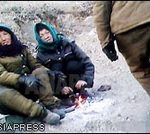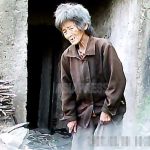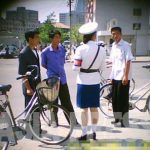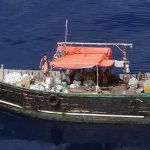2016/Oct/26
In the mid 90s, a number of “kotchebi”, which means “flowering swallow”, roamed around cities in throughout North Korea. During this chaotic period, known colloquially as the “arduous march”, children became kotchebi because their parents had died or had abandoned them due to their inability to take care of them because of the collapse of the distribution system.
The number of kotchebi has gradually decreased over the last 20 years because, instead of relying on the dysfunctional food rationing system, people have learned to make their livings out of small businesses within the jamadang markets.
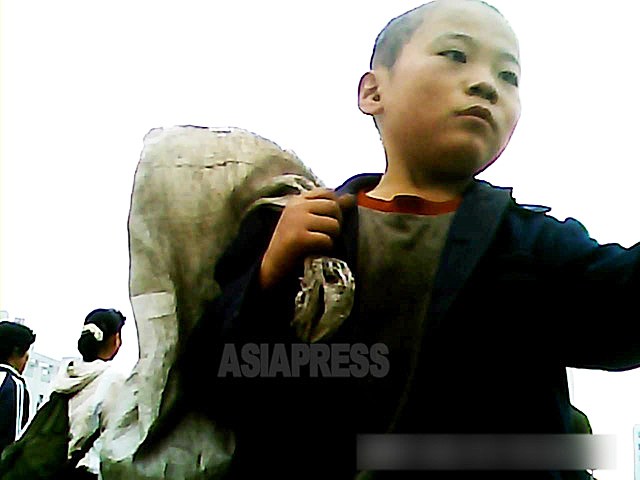
All of ASIAPRESS’s reporting partners say that the number of kotchebi in large cities has greatly decreased under the Kim Jong-un regime.
A reporting partner in Pyongyang mentioned that, “the government ordered the building of orphanages and for officials to clear all the kotchebi from the streets, and to shelter all of them there [the orphanages]. Rumor has it this was all because Comrade Kim Jong-un was angered at South Korean and Japanese TV programs who repeatedly broadcasted stories on the kotchebi.”
Related article: [Video Report] The hidden homeless of Pyongyang
Orphanages have been disguised and renamed to official kindergartens, primary schools, and a junior high schools. Many of them have been built all over North Korea. The state-owned media has often featured them as, “a fruit of love given by General Kim Jong-un.”
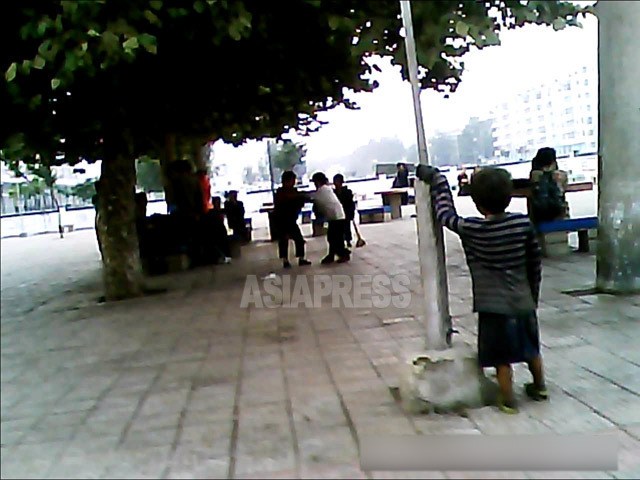
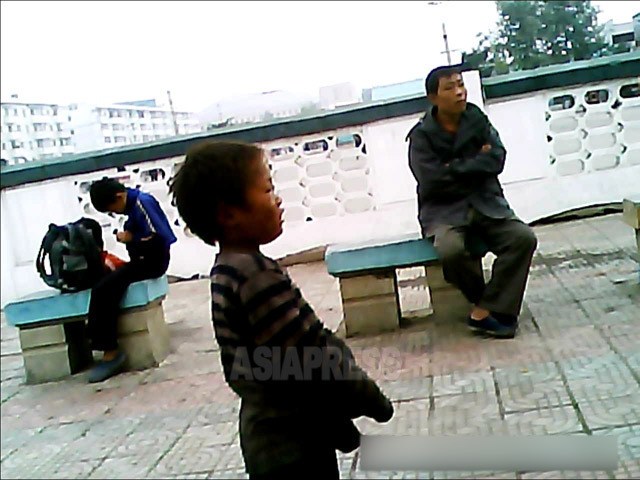
“Aside from orphanages in Pyongyang which are used for propaganda, the government does not provide local orphanages with any food. Local administrative offices are forced to take charge of the orphanages. Since local officers cannot pay for food out of their own pockets, ordinary people have to offer requisitions or pay bribes to opt out. Some children escape from the orphanages due to the lack of food,” said a middle-manager at a local administrative office in South Pyongan Province.
Related article: <Inside N. Korea> Kotchebi, the Homeless, Under the Kim Jong-un Regime
All the pictures in this photo report were taken after Kim Jong-un took over power of the regime. (ISHIMARU Jiro)

<Kotchebi, the Homeless, Under the Kim Jong-un Regime>View article sections
【Related article】
◆ More Kotchebi Homeless Children Under the Kim Jong-un Regime
◆ Kim Jong-un’s Starving Soldiers – “Just a spoonful of oil for me…” A soldier pleads for grace
◆ <Inside N. Korea> Student absenteeism on the rise due to excessive requisition from school; a third of students are absent from school in local cities.
 * Editor’s notes on North Korean reporters
* Editor’s notes on North Korean reporters
ARCHIVE(pdf) >>
DPRK MAP >>


